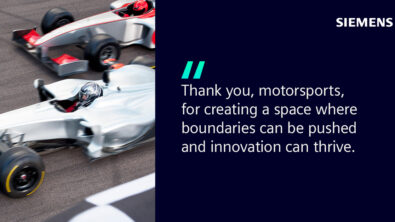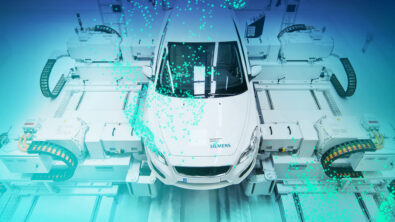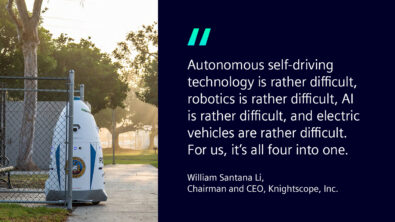Accelerate your Product Development through Digital Transformation
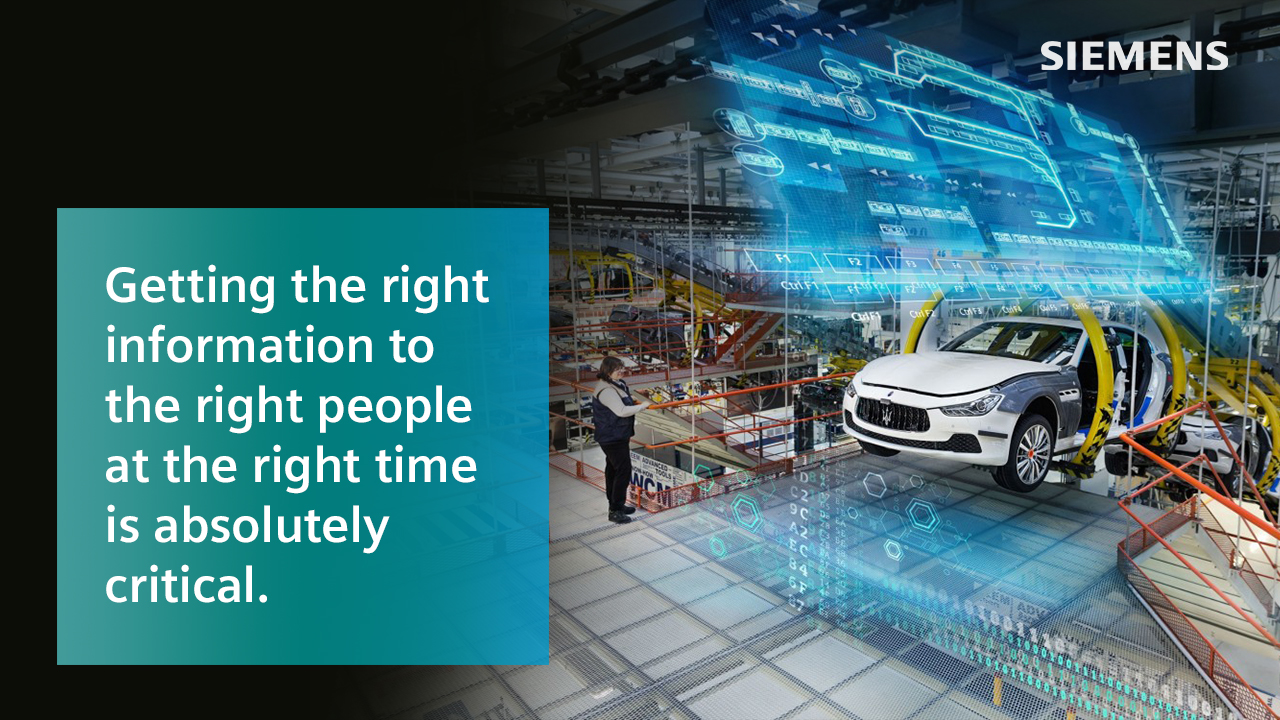
The automotive landscape has undergone a revolution in technology demands in the last two decades. Today, automakers are able to integrate cutting edge silicon chips, space and energy efficient electronics, and powerful software into their vehicles. As a result, differentiation in the modern automotive industry is no longer derived from mechanical and physical design, but by the vehicle features and functionality that embedded chips, electronics, and software deliver. Indeed, analogizing today’s vehicles to ‘smartphones on wheels’ has never been closer to reality.
This fundamental shift in the automotive market, in concert with other megatrends such as vehicle electrification, is creating a new competitive landscape for automotive OEMs. Automakers must launch innovative and feature-rich products faster to capture market share earlier, or fall behind. To keep up with these aggressive demands, they must also develop new technologies faster, more cost effectively and with less budget and fewer resources. In other words, the mandate for automakers today is to “do more with less – faster”. Without the ability to embrace this new level of complexity, carmakers will jeopardize their position in the automotive landscape of tomorrow.
In sum, by beginning a digital transformation, automotive companies can accelerate their product development processes to deliver more exciting and innovative products on aggressive schedules, all while consuming fewer resources and less budget. To learn more about the details of such an approach, you can listen to our new episode of the Future Car podcast below. You can also visit https://www.sw.siemens.com/en-US/accelerate-product-development/
The Relationship Between Accelerated Digital Transformation and Accelerated Product Development with Nand Kochhar
Automotive companies have to do more, with less, at a higher speed!
The demands from the statement above would have been received with suspicion just a few years back. But not today. It describes exactly what is expected for companies in the automotive industry, just to remain competitive. With the help of digitalization, some of them are successfully meeting all the expectations set out above.
In this episode, Conor Peick is joined by Nand Kochhar, the VP of Automotive and Transportation at Siemens Digital Industries Software. Today you’ll learn why companies need accelerated product development and the challenges they face in their quest to achieve it. You’ll also understand the need for an increased pace of innovation and the impact it has on the market share. We’ll also look at how companies can approach their journey to digital transformation.
Some Questions Asked:
- Why is the speed of innovation critical to automotive companies? (05:35)
- What are the challenges faced by companies looking to accelerate their pace of innovation? (08:18)
- What are the challenges that OEMs can expect to face as they move towards the future of transportation? (15:38)
- What is the relationship between reduced wastage and accelerated product development? (24:02)
- What are the things that automotive companies should start doing? (27:24)
In This Episode You Will Learn:
- How companies can harness digitalization to do more with less (01:48)
- Key elements for accelerating the pace of innovation (09:52)
- How cross-attribute optimization helps in accelerated product development (13:41)
- How to resolve the challenge of complexity (18:06)
- Strategies to accelerate product development (19:27)
- Barriers to achieving digital transformation in the automotive industry (26:01)
Connect with Nand Kochhar:
Connect with Conor Peick:
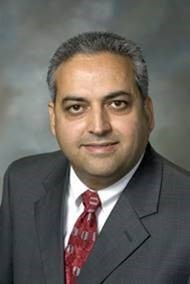
Nand Kochhar – VP, Automotive & Transportation Industry
Nand Kochhar is the vice president of Automotive and Transportation Industry Strategy for Siemens Digital Industries Software. He joined Siemens in 2020 after nearly 30 years with Ford Motor Company, where he most recently served as Global Safety Systems Chief Engineer. In this capacity, Kochhar was responsible for vehicle safety performance of all Ford and Lincoln brand products globally. He also served as Executive Technical Leader, CAE, and as a member of Ford’s Technology Advisory Board. Kochhar’s tenure at Ford also included executive engineering leadership across a range of disciplines including in product development, manufacturing, digitalization, simulation technology development and implementation.
Kochhar has additionally been active in SAE International, where he has served as Chairman of the Executive standards committee, leader of a cross-industry group focused on driving standards for mobility, autonomous vehicle development, electrification and connectivity. Kochhar also served as Chairman of SAE’s Motor Vehicle Council for 2015-16 terms, after which he was named the Vice Chair of Technical Standards Board (TSB) in 2017 and then TSB Chair in 2018 and 2019.
Kochhar graduated from Missouri University of Science and Technology (Missouri S&T) with a master’s degree in Engineering Mechanics. He was inducted as a member of the Academy of Mechanical and Aerospace Engineers at Missouri S&T in 2005. He lives in Northville, Michigan with his wife and two kids.

Conor Peick – Thought Leadership Writer
Conor Peick is a Marketing Coordinator helping to create forward-looking content for the Thought Leadership team at Siemens Digital Industries Software. Conor collaborates with seasoned industry experts to produce podcasts, articles, blogs, and other forms of content focused on the trends and challenges companies face in the future, and the technologies that may provide solutions.
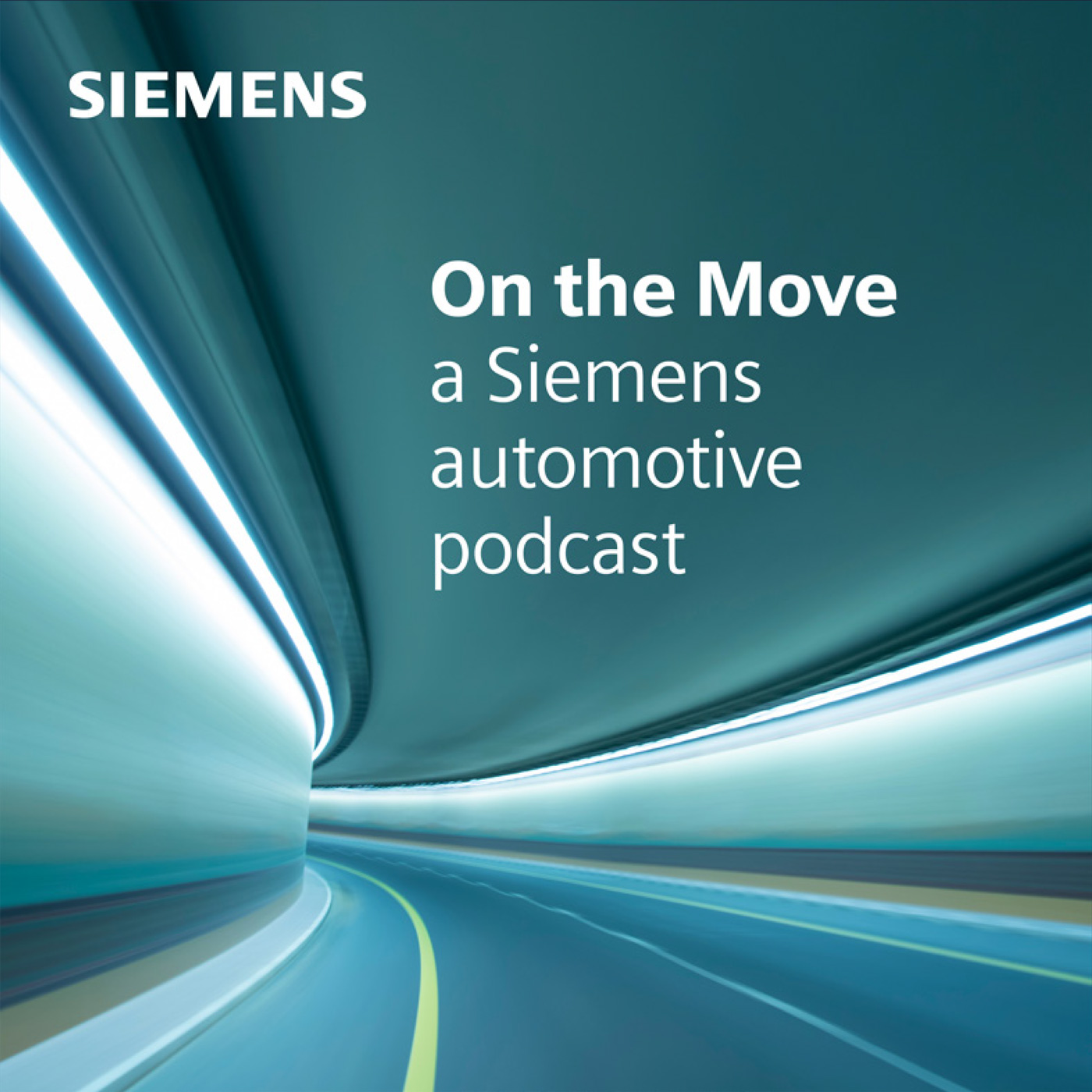
On the Move: A Siemens Automotive Podcast
The automotive and transportation industries are in the middle of a transformation in how vehicles are designed, made, and sold. Driven by an influx of new technologies, consumer demands, environmental pressures, and a changing workforce in factories and offices, automotive companies are pushing to reinvent fundamental aspects of their businesses. This includes developing more advanced and capable vehicles, identifying new revenue sources, improving customer experiences, and changing the ways in which features and functionality are built into vehicles.
Welcome to On the Move, a podcast from Siemens Digital Industries Software that will dive into the acceleration of mobility innovation amid unprecedented change in the automotive and transportation industries. Join hosts Nand Kochhar, VP of Automotive and Transportation, and Conor Peick, Automotive and Transportation Writer, as they dive into the shifting automotive landscape with expert guests from Siemens and around the industry. Tune in to learn about modern automotive design and engineering challenges, how software and electronics have grown in use and importance, and where the industries might be heading in the future.
